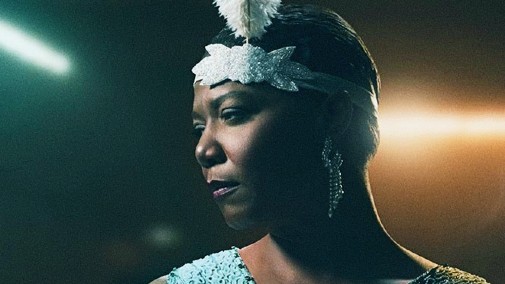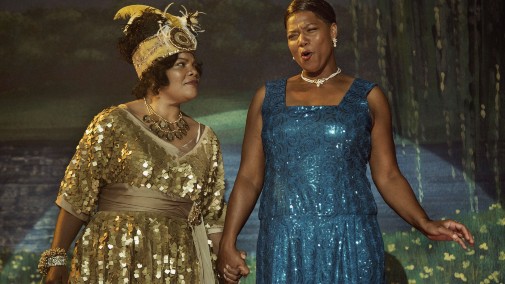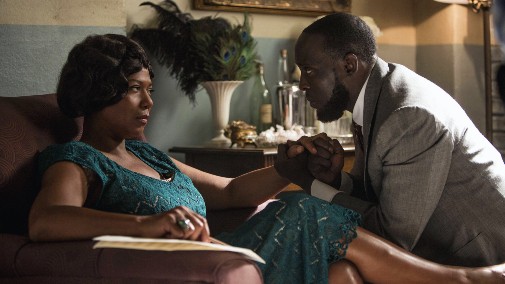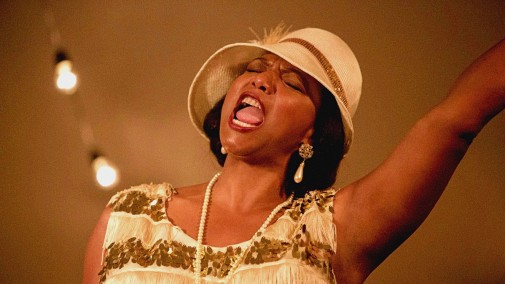
Sometimes, when watching a particularly starry TV production, whether it's a movie or a miniseries, one wonders how it might have impacted the Oscar race if had been released on the big screen. Would Mike Nichols' epic Angels in America have made Jeffrey Wright an Oscar nominee back in 2003? Could Drew Barrymore have snagged Sandra Bullock's Oscar if Grey Gardens had gone to movie theaters? With the 2002 Supporting Actress Smackdown nearly upon us, I began to wonder how Academy Award nominee Queen Latifah might have figured in the 2015 Oscar race with her Bessie. After all, that HBO film is one of AMPAS's favorite types of buzzy titles, a famous musician's biopic with a cast full of prestigious names…

After the critical success of Pariah and before she directed Mudbound for Netflix, Dee Rees did some admirable work on TV. She was responsible for an episode of Empire and got some much-deserved Emmy love for the aforementioned Bessie. Like many a biopic, the picture is extremely conventional but its subject is one rarely explored by the Hollywood studios. Telling the story of legendary Blues singer Bessie Smith, the TV movie is a portrait of Queer Black History covered in sequins and plumes, smelling of gin and sweat, glamorous but full of genuine feeling. The actors responsible for giving life to such a tale are particularly impressive, sinking their teeth into meaty roles with passion.
In supporting parts, Mo'Nique and Khandi Alexander steal the spotlight whenever they can, but, overall, Bessie is The Queen Latifah Show through and through. Playing up her character's unapologetic ambition and sensuality, the actress creates a full-bodied representation of the immortal songstress. When on stage, she's often magnetic, but there's more to Latifah's Bessie than the awesome diva that dazzled audiences of the 1920s and 30s. She's also a woman struggling under the weight of childhood trauma, problems with addiction, and the prejudices of a racist society that would rather see her dead than thriving.

It's a mercurial tour-de-force that's not afraid to shine a light on the character's uglier traits or give voice to her frustration. Latifah isn't playing a saint canonized by the passage of history, but a woman who deserves our respect, someone real, not an ideal of silver screen hagiography. It's a pity that the script isn't at the level of its leading lady and that the visuals, while lush, leave a bit to be desired when one compares Bessie to Rees' other features. Still, when one talks about Oscar success, conventionality isn't a handicap, quite the contrary.
With a few adjustments, this TV movie could have found a place for itself on the big screen and conquered a place among its year's Oscar contenders. This isn't to say that television is lesser than cinema, though it would have been great to have seen Latifah, as well as Mo'Nique, back in the movie awards conversation.
2015 was famously the year whose all-white lineup in the acting categories brought upon the #OscarsSoWhite outrage. April Reign started a movement that has caused some needed change in the way many people and institutions look at the Academy Awards and their general lack of diversity. More importantly, the scandal forced AMPAS to reconsider their complacency and voting systems. The results of their initiatives aren't quick to be noticed or perfect (not when Green Book is a Best Picture winner), but the effort is important nonetheless.

Would you have liked to see Queen Latifah's Bessie among the 2015 Best Actress contenders?